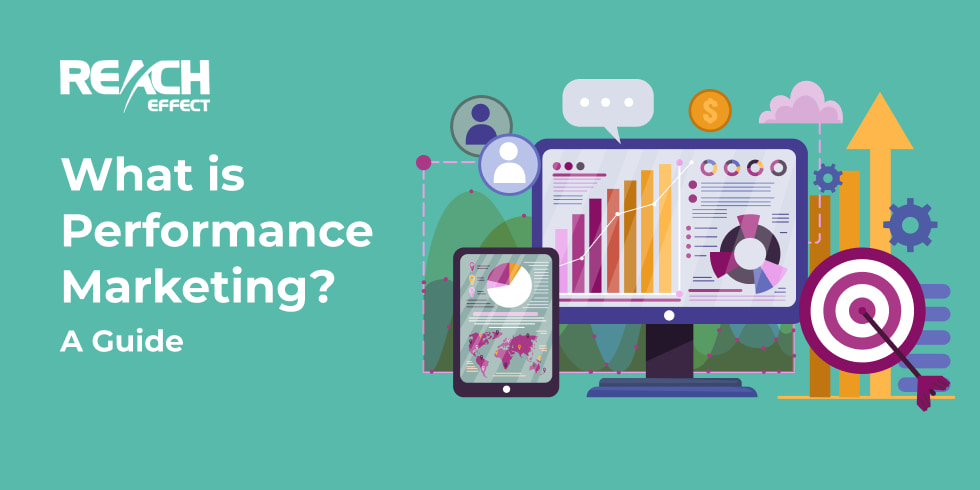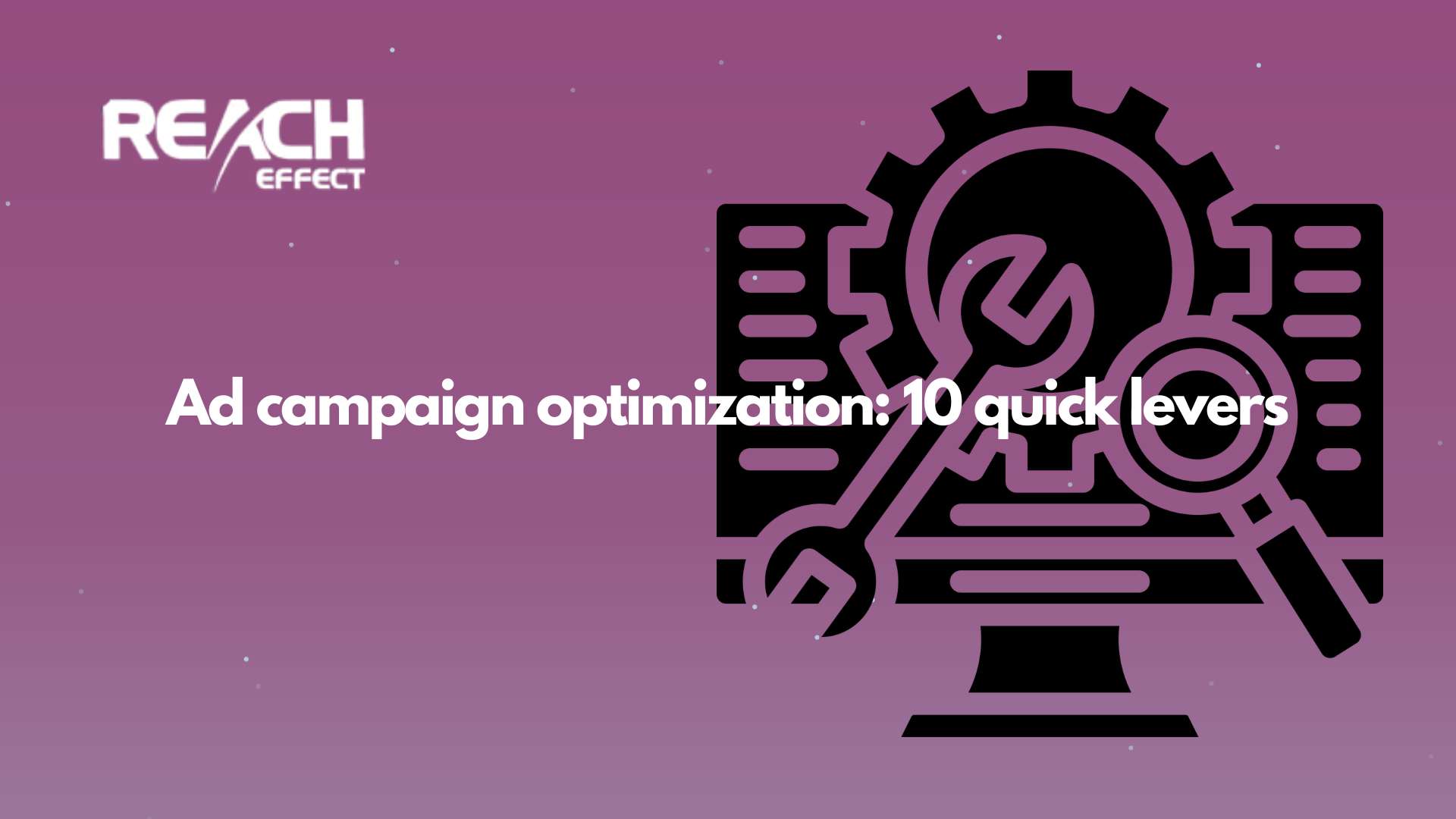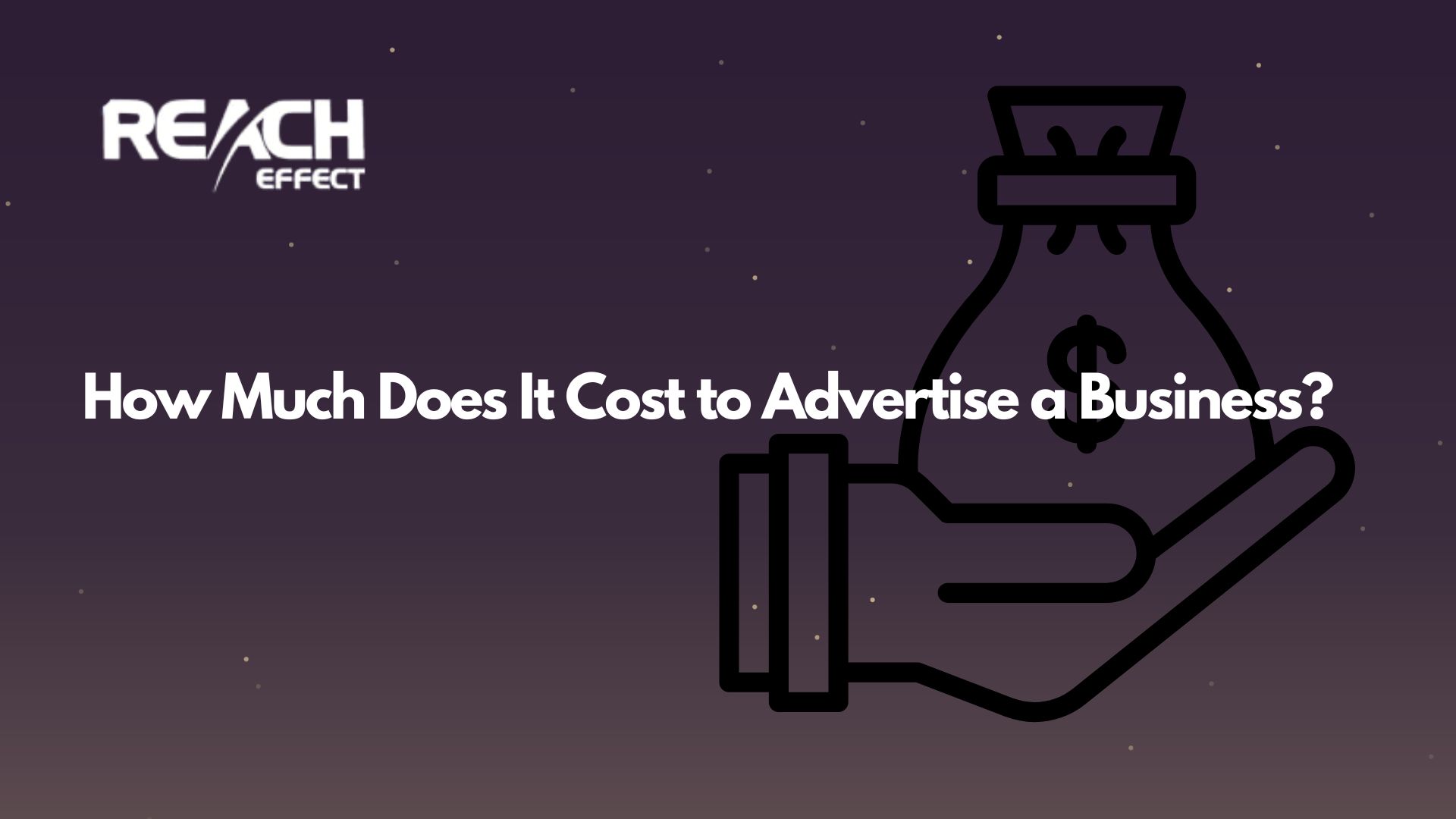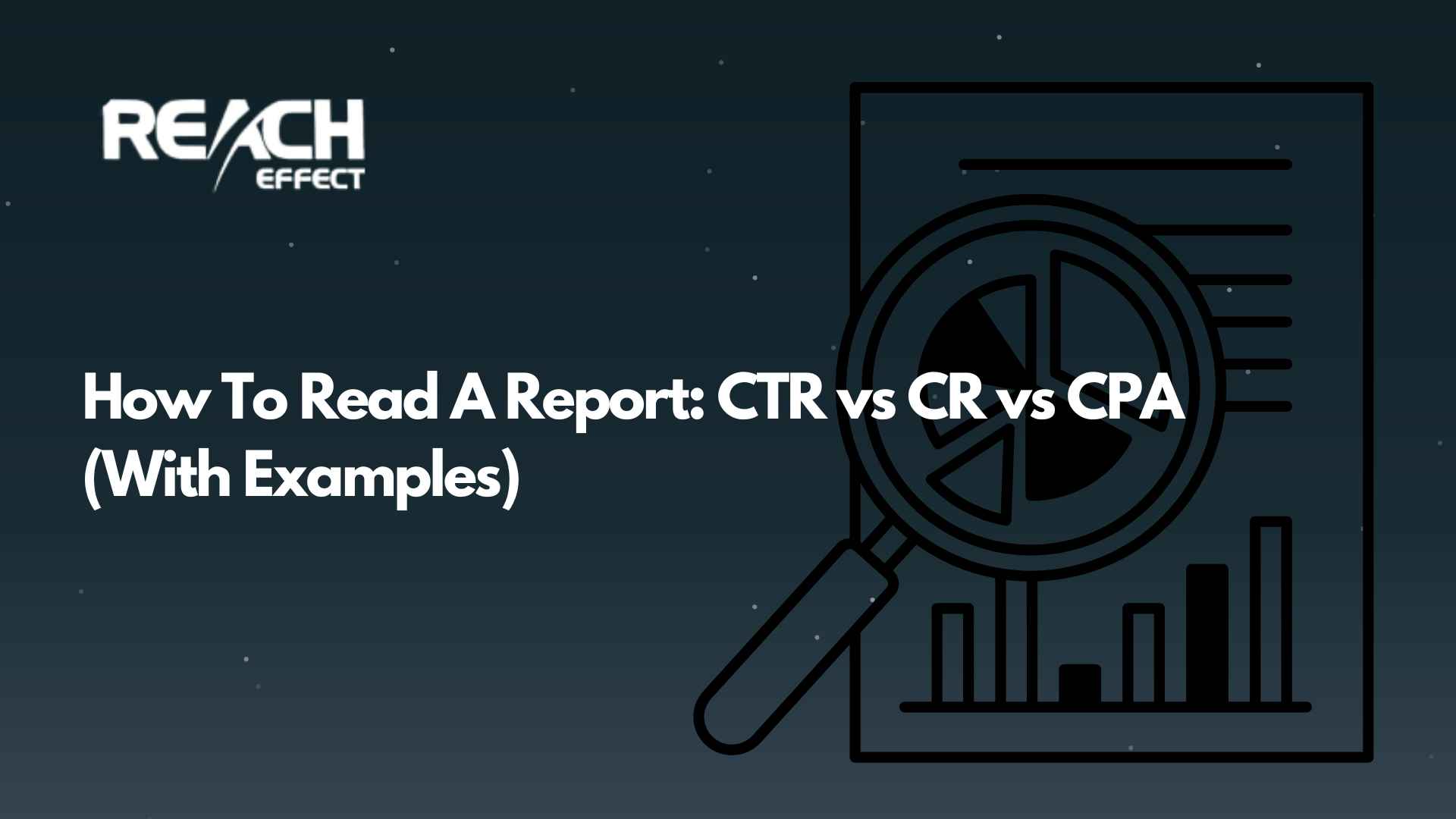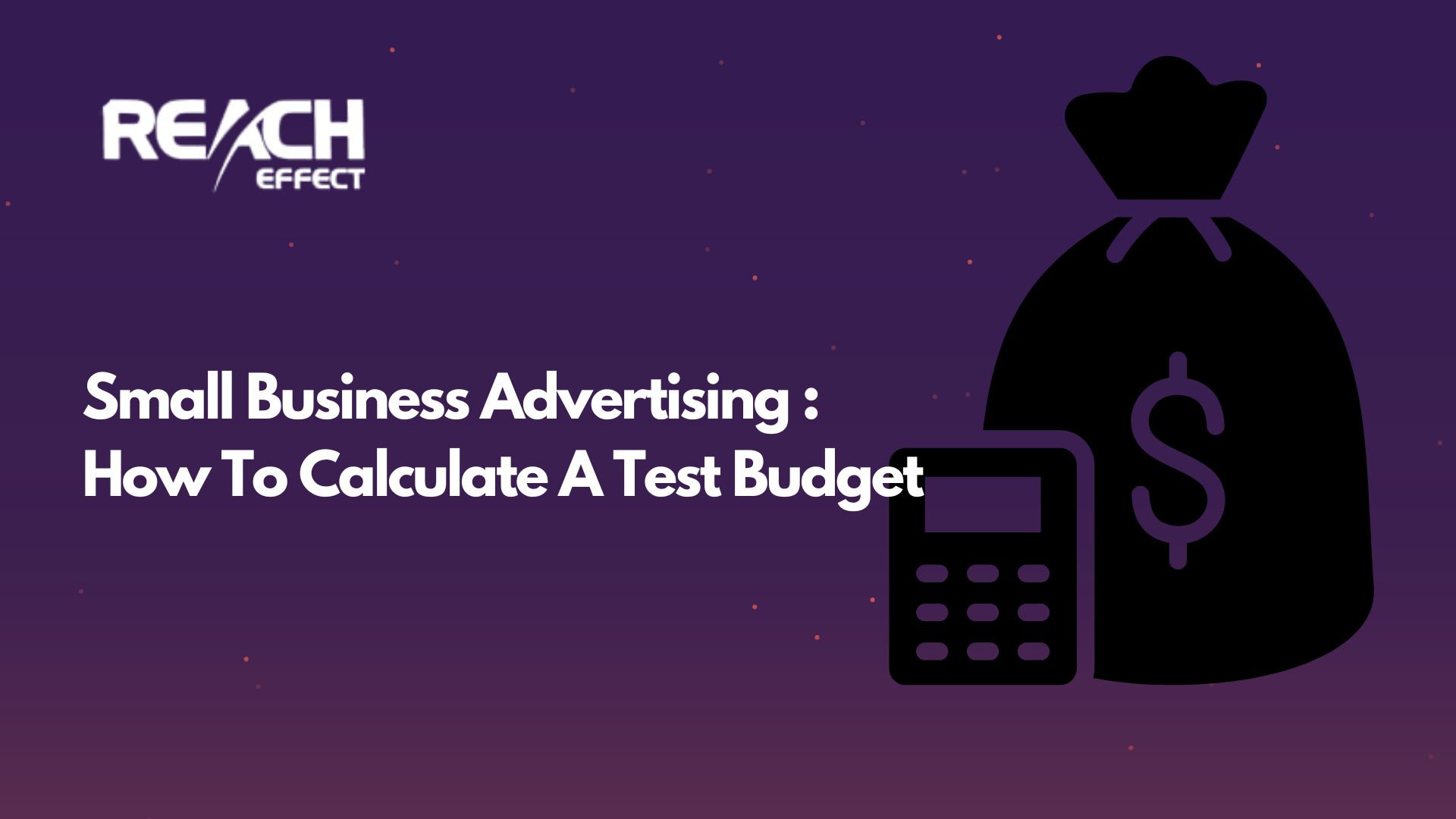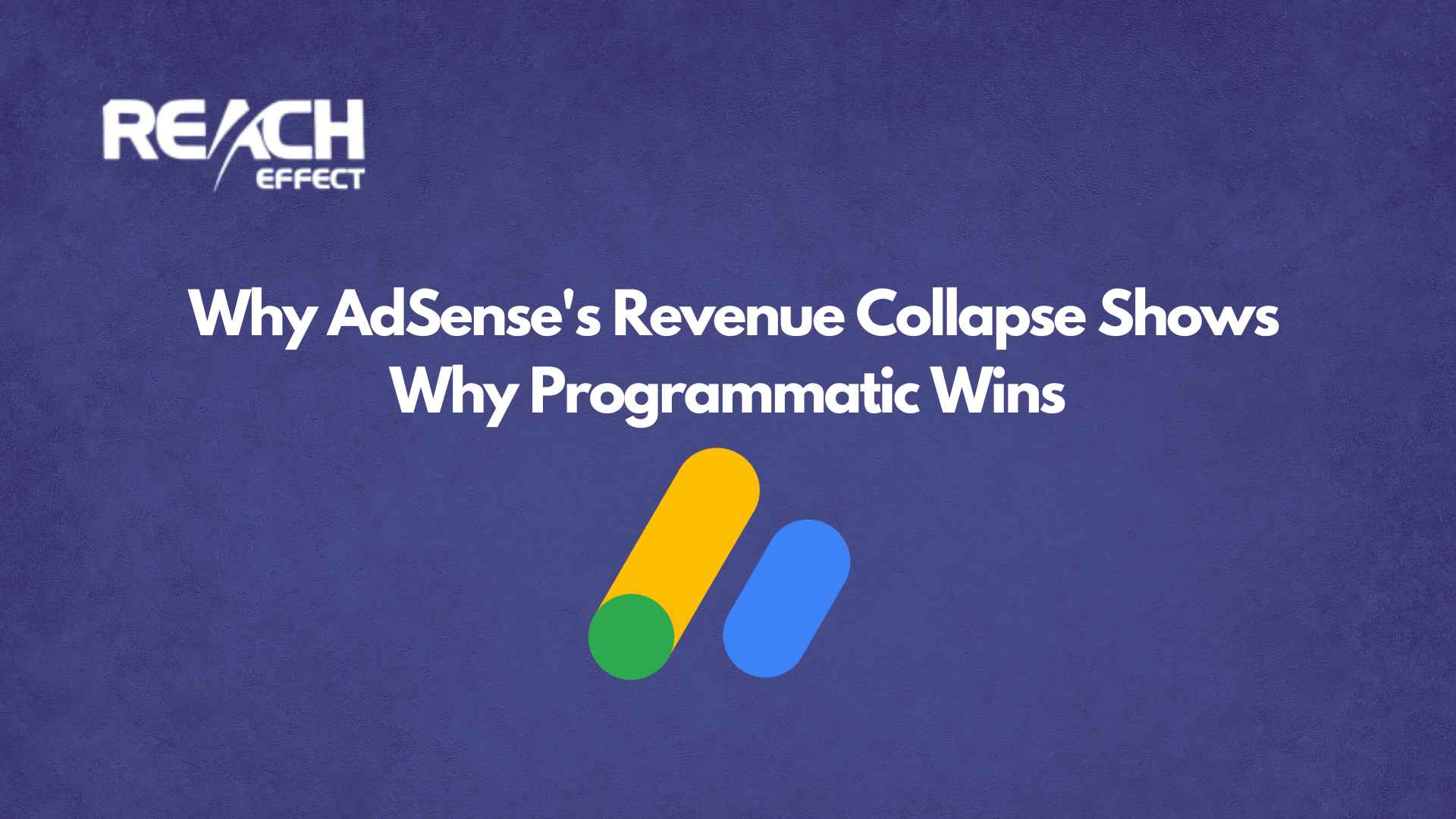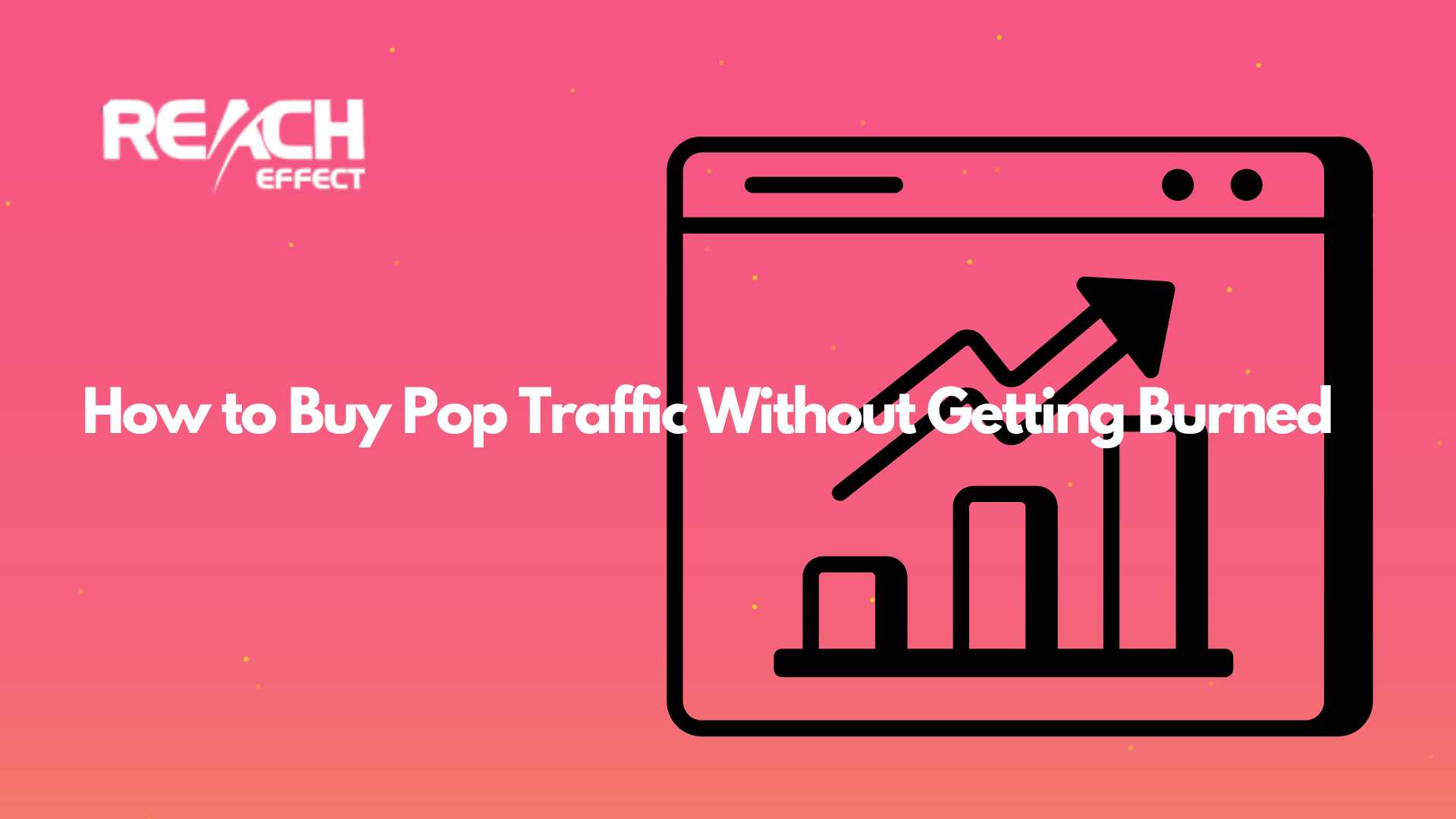Effective advertising is one of the main conditions for the prosperity of your business. With its help, you can attract clients and demonstrate your product or services in the best light. One of the best tools today is performance marketing. It focuses on tangible and measurable results. This development drives specific actions and optimizes campaigns based on real-time data and insights.
Let’s look at its basic concepts, strategies, and best practices. It doesn’t matter if you’re an experienced marketer looking to improve your approach or a beginner wanting to understand the basics. We’ll cover everything you need to know to develop effective marketing campaigns.
What is Performance Marketing?
So, what is performance marketing? At its core, it is a results-driven approach to advertising. Traditional methods focus on brand awareness or impressions. Performance type prioritizes measurable outcomes. Among them are clicks, conversions, or sales. Essentially, it’s about paying for actual results rather than just exposure. Advertisers typically pay only when a specific action is generally completed, such as a click on an ad or a sale generated. This pay-for-performance model allows for greater accountability and efficiency in marketing spend.
One of the critical aspects of performance marketing is its reliance on data and analytics. Continuously tracking and analyzing campaign performance is pivotal.
So, marketers can refine their strategies in real-time, optimizing for better results. This data-driven approach enables them to allocate resources more effectively. Also, it helps them maximize their marketing efforts’ return on investment (ROI).
Key Channels in Performance Marketing
Performance marketing channels encompass various platforms and methods used to execute strategies effectively. It is from search engine marketing to affiliate marketing. These channels are crucial in driving specific actions and achieving measurable results. Understanding these channels is essential for crafting successful marketing campaigns. We have prepared for you all the necessary ones.
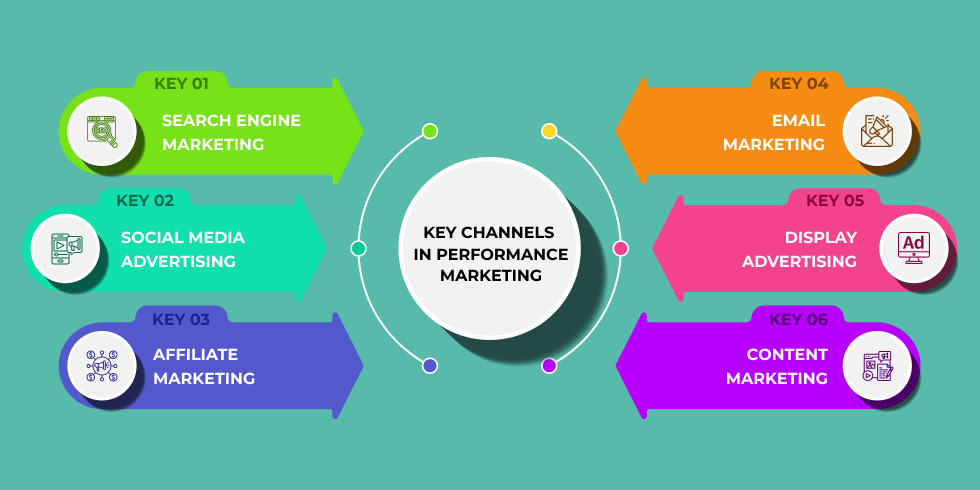
Search Engine Marketing (SEM)
SEM involves placing ads on search engine results pages. They help to target users who are actively searching for relevant keywords. It includes pay-per-click (PPC) ads and organic search engine optimization (SEO) strategies.
Social Media Advertising
Social media platforms offer highly targeted advertising options. They are generally based on demographics, interests, and behaviors. Performance marketers leverage platforms like Facebook, Instagram, Twitter, and LinkedIn. They help to reach specific audience segments and drive desired actions.
Affiliate Marketing
Advertisers partner with affiliates (publishers, influencers, or other businesses). They promote their products or services in exchange for a commission on sales or leads generated.
Email Marketing
Such a channel remains a powerful channel for performance marketing. This allows personalized messages, offers, and promotions to subscribers’ inboxes.
Display Advertising
Such adverts appear on websites, apps, or social media platforms. Performance marketers use it effectively. It helps to increase brand visibility, drive traffic, and retarget website visitors.
Content Marketing
This channel involves creating and distributing valuable, relevant content. It aims to attract a target audience. Performance marketers leverage content such as blog posts, videos, and infographics. It helps to drive traffic, generate leads, and nurture relationships with prospects.
What is Performance Advertising?
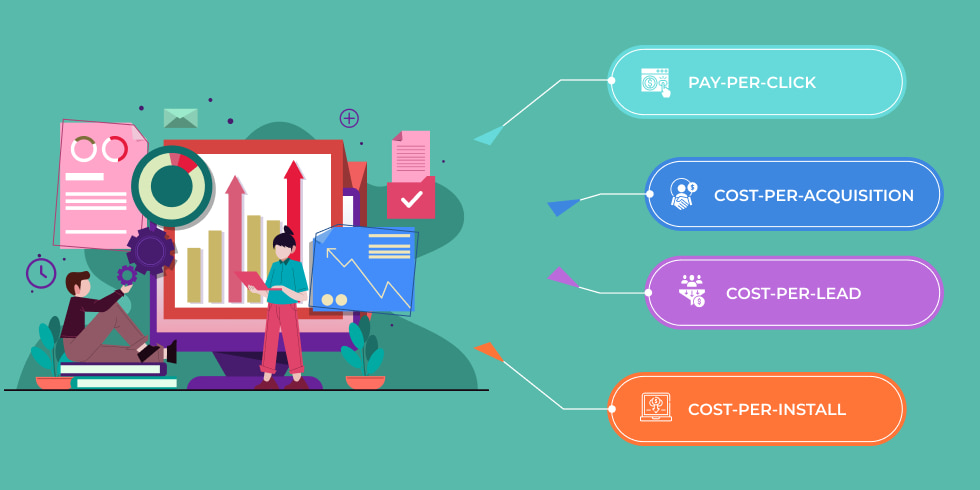
It is vital to know what performance advertising is. This subset of performance marketing focuses explicitly on paid advertising campaigns. They are generally designed to achieve measurable outcomes. In traditional advertising models, advertisers pay for ad space regardless of results. Performance promotion operates on a pay-for-performance basis. Here’s a closer look at what it entails:
- Pay-Per-Click: Advertisers pay each time a user clicks on their ad in PPC advertising. This model is commonly used in search engine marketing (SEM) and social media advertising.
- Cost-Per-Acquisition: CPA advertising involves paying for specific actions. Among them are a completed purchase or a lead form submission. Advertisers only pay when a desired outcome is generally achieved.
- Cost-Per-Lead: CPL advertising focuses on generating business leads. Advertisers pay a fixed amount for each qualified lead acquired through advert efforts.
- Cost-Per-Install: CPI advertising is prevalent in the mobile app industry. There, advertisers pay for each app installation generated through their ads.
Performance advertising provides advertisers with a cost-effective way to achieve their marketing objectives. They only pay when desired actions are generally completed. Using data and analytics to optimize campaigns is crucial. So, advertisers can maximize the return on their ad spend on effective promotions.
Conclusion
Such a conception is a dynamic and results-oriented approach. It aims for advertising, driving tangible outcomes through targeted campaigns and data-driven strategies. Mastering performance marketing is essential for businesses seeking measurable prosperity. Explore its potential with our Reacheffect platform. It empowers you to achieve your goals efficiently.
[insert-buttons] [/insert-buttons]

